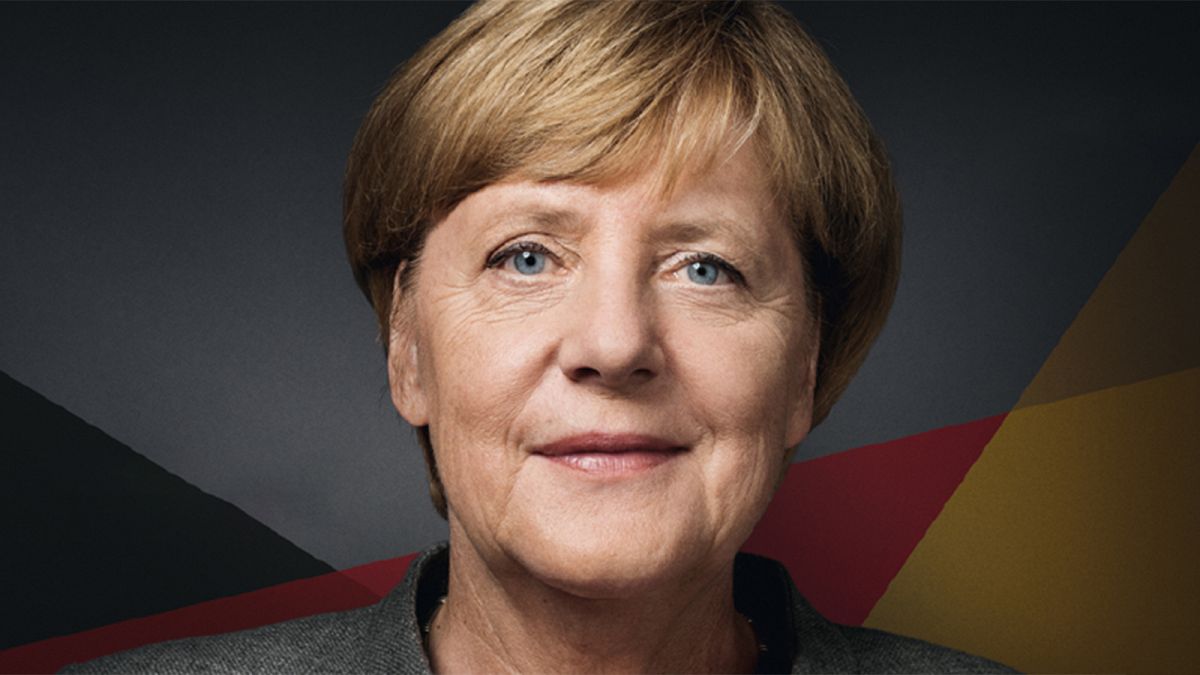What challenges does Germany face as it prepares to elect its new leaders?
This edition of The Global Conversation takes us to Germany as the country prepares to elect a new Bundestag.
‘Moaning on a high level’ – that’s what people who complain about problems in this rich country are accused of. The economy is prospering and the unemployment rate is the second lowest in the EU. But the pressure is on for the new government. Top of the agenda are poverty, gender inequality in the labour market and the need to integrate hundreds of thousands of newly-arrived immigrants.
Euronews meets three decision-makers ahead of the election to discuss these crucial issues.
Germany: a land of immigration
We start our German road trip in Heidelberg, where we meet writer and activist Jagoda Marinić. The daughter of Croatian immigrants, she heads the inter-cultural program for Germany’s first International Welcome Center.
According to Jagoda Marinić, Germany’s immigration policy over past decades has mostly been a success, and she commends Chancellor Angela Merkel’s open-door policy over the past couple of years. But, she says, creating connections between people of different cultures – be they Germans, immigrants or second and third generation Germans – is crucial to fostering better understand between people. She adds that many problems stem from Germany’s failure to make immigrants feel they are a part of the country they live in.
The gap between rich and poor
These feelings are echoed by our second guest, eminent economist Clemens Fuest, President of the Economic Research Institute IFO in Munich. According to him, “during the 1980’s and ’90’s, Germany didn’t consider itself a country of immigration. If you don’t do that, you have no strategy to integrate people”. Questioned on the growing gap between rich and poor, Clemens Fuest says Germany has nevertheless succeeded in drastically reducing unemployment. But although he praises the current economic upturn and Germany’s ability to get people back to work, Clemens Fuest admits that one of the country’s main weaknesses is failing to “help those who come from disadvantaged backgrounds to succeed”.
Women in the workplace
Finally, we end our roadtrip in the capital, where we meet social scientist Jutta Allmendinger. A Fellow at Harvard Business School, she is currently the President of the WZB Berlin Social Science Center. We discuss the deep inequality facing women in the workplace in Germany, its historical and sociological background, and what could and should be done to improve the situation.
Join us on Euronews on September 24th for our live coverage of the German elections.
